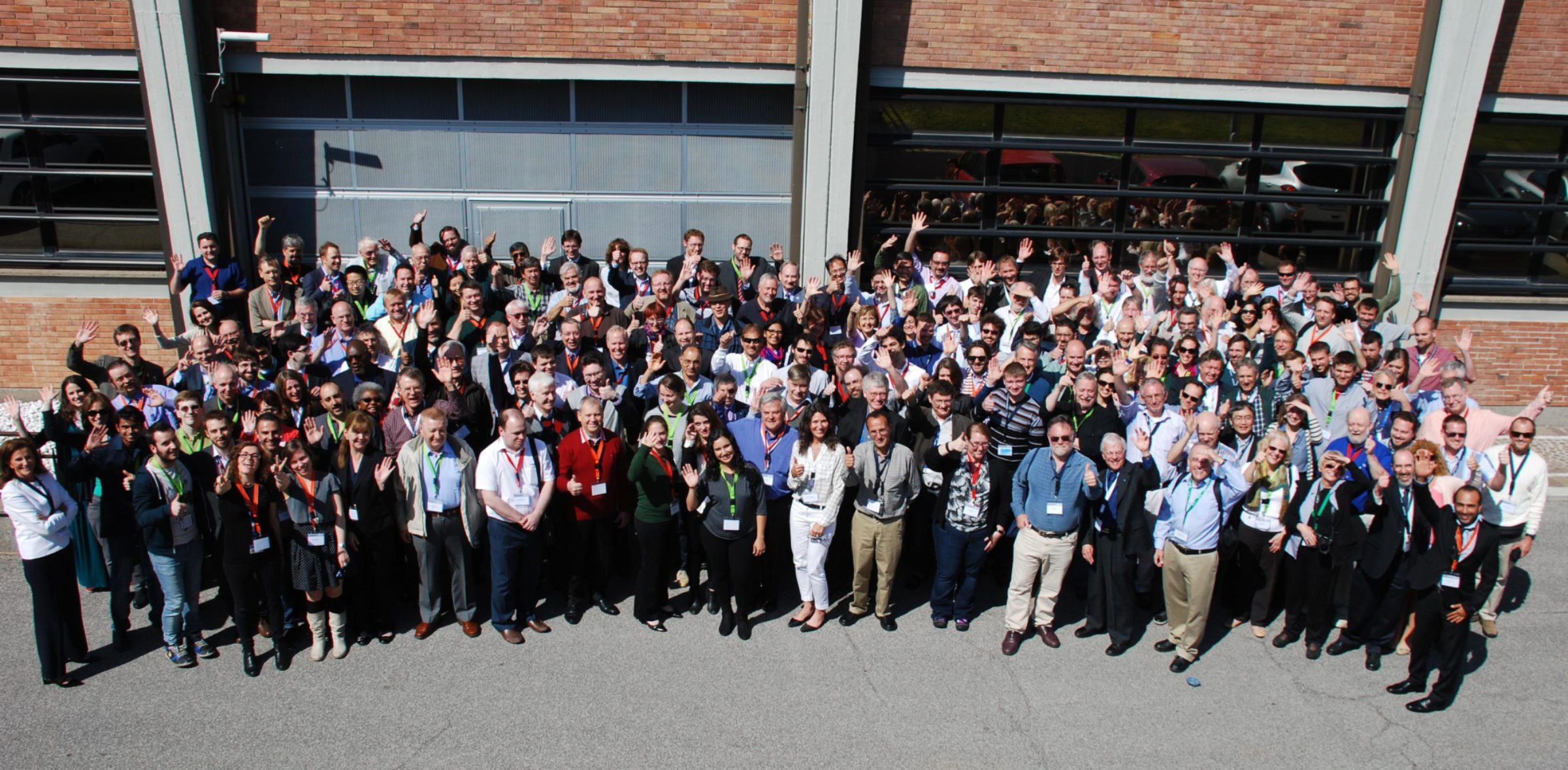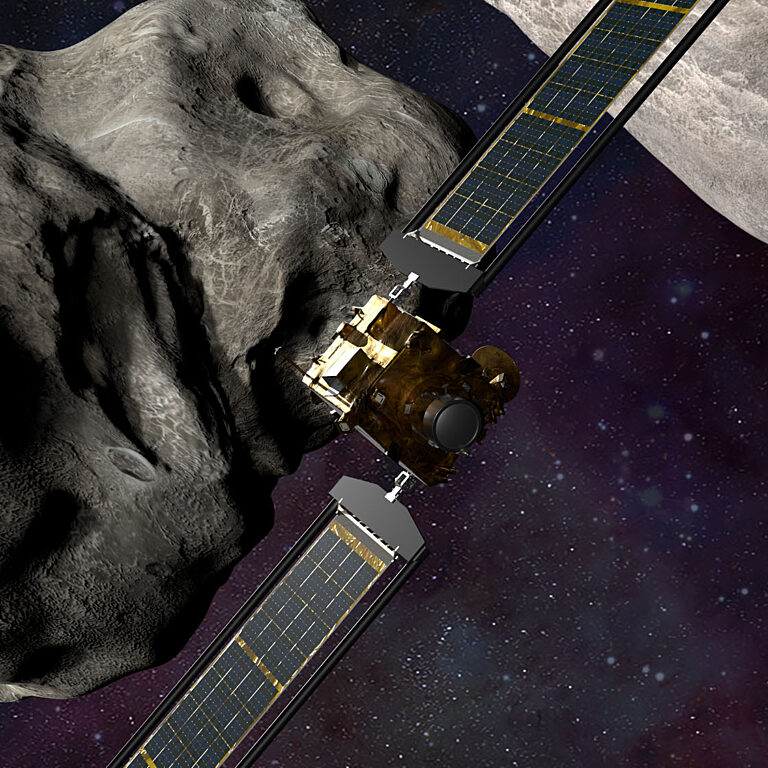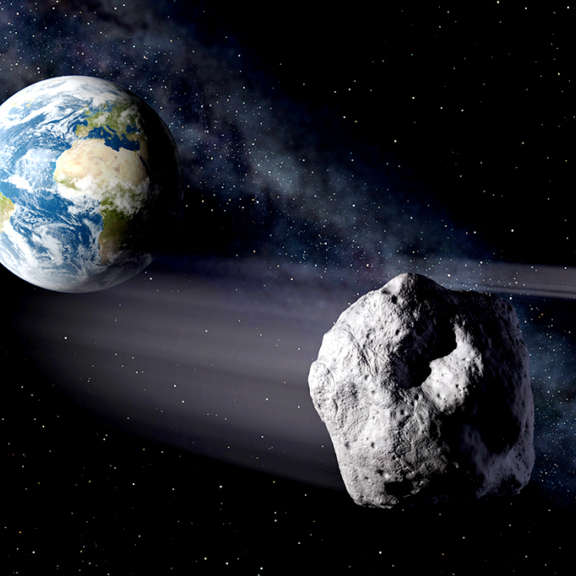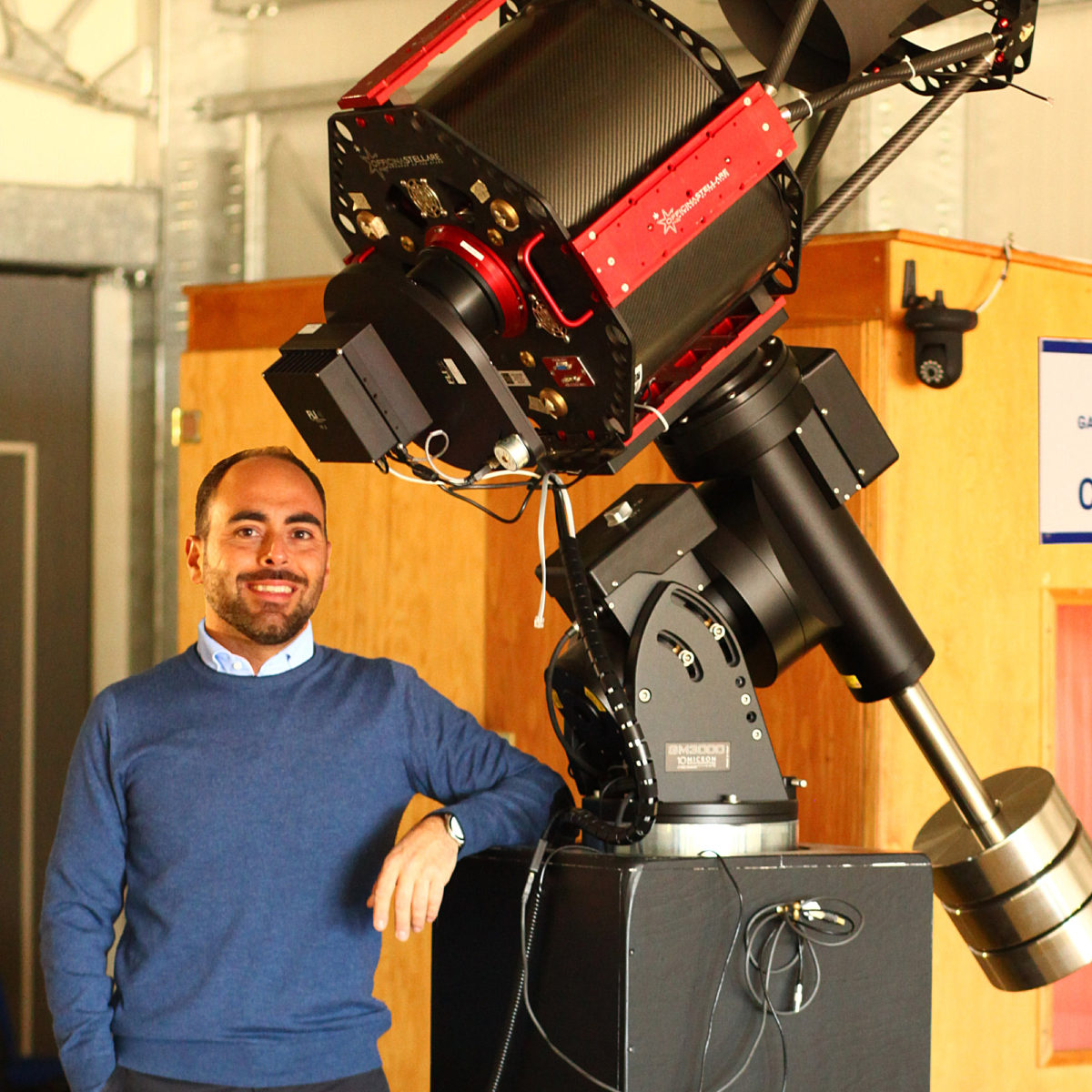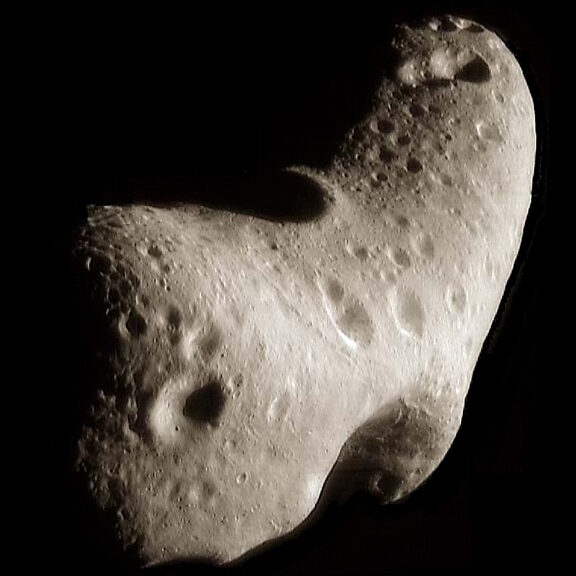Our Goal:
Decrease the risk of Earth being hit by an asteroid or comet
- We help observers find, track, and characterize near-Earth asteroids and comets
- We support the development of asteroid mitigation technology
- We collaborate with the professional community and decision-makers to develop international response strategies to defend Earth from an asteroid or comet threat
The Challenge
The Earth shares its solar system with billions of asteroids and comets. The vast majority orbit the Sun far from our planet. Those whose orbits approach our own are called near-Earth objects. The vast majority are harmless and pose no threat.
However, most people are aware of the large near-Earth object that devastated the entire planet 65 million years ago. While rare, these kinds of impacts are still possible. In fact, NEOs of many different sizes can pose serious threats.
An impact on or over a densely populated city could cause millions of deaths, and an impact on water could cause massive flooding on coastlines. Any major impact would lead to widespread damage, injury, and death, and would create unparalleled humanitarian and refugee crises around the world.
The good news is: an asteroid or comet impact is a natural disaster we can actually prevent—if we try.
The effort to prevent asteroid or comet impacts is called planetary defense.
What We're Doing

Education and Outreach
We help more people understand the reality of the danger and the importance of protecting the Earth from asteroids, and we help them share this knowledge with family and friends.
- We share free articles, podcasts, videos, and a quarterly magazine to inform and engage the public on topics including planetary defense.
- We host public events such as Planetary Radio Live to share information in an entertaining way.
- We create resources to equip our members to teach others in their community about planetary defense.
- We identify outreach opportunities for space agencies and the scientific community, such as the 2029 asteroid Apophis flyby that is likely to spark a great deal of public interest.
- We provide an online course to learn the basics of planetary defense.
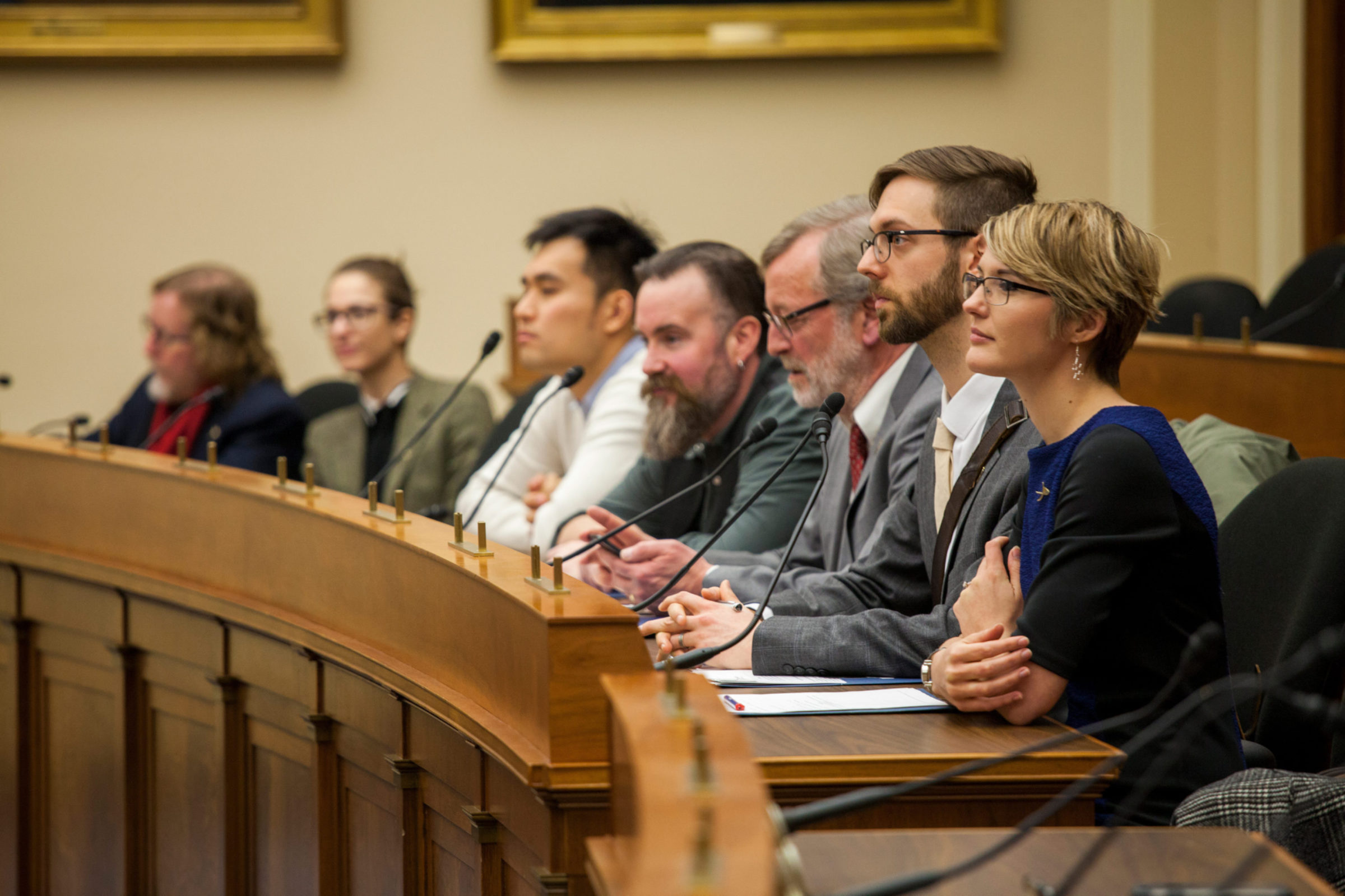
Policy and Advocacy
We help more people communicate with their representatives in government about the preventable asteroid threat, and we help keep policymakers informed of the current state of planetary defense.
- Our annual Day of Action brings Planetary Society members to Washington, D.C. to meet with their government representatives to advocate for planetary defense funding.
- Our policy experts meet in person with policymakers to keep them informed of planetary defense issues.
- We engage our members in planetary defense advocacy via petitions and letters to Congress.
- We provide guidance to the space agencies and the scientific community on planetary defense policies.
- We equip members from around the world with the information they need to advocate locally for planetary defense measures.
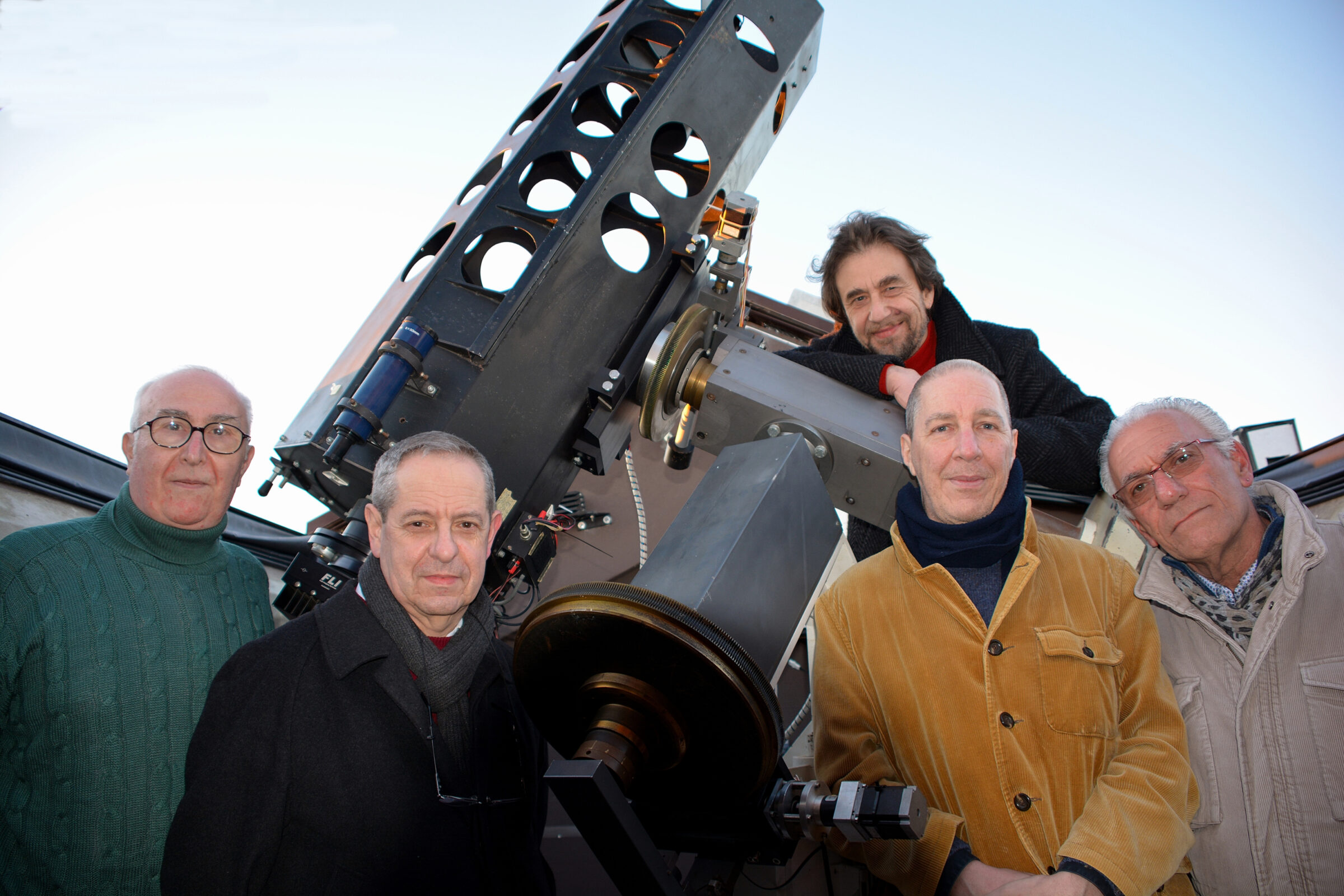
Science and Technology
We directly support research and development projects for planetary defense through crowdfunding. Our members and supporters contribute directly to efforts to find, track, characterize, and deflect near-Earth objects.
- The Planetary Society's Shoemaker NEO Grant Program provides grants, mostly to amateur astronomers, to assist with observations critical to finding and understanding Near-Earth Objects. Past Shoemaker grant winners have made tremendous contributions to discovery, tracking, and characterization of potentially dangerous near-Earth asteroids using the upgrades facilitated by the grants.
- We support research on the impact history of Earth, funding the discovery and characterization of impact craters.
- We provide seed funding for the development of new deflection technologies.
Global Collaboration
We bring planetary defense experts together from around the world to work on advancing solutions to the asteroid threat.
- We co-sponsor, attend, and organize activities at academic conferences, including the biennial international Planetary Defense Conference. This is the only conference that brings together asteroid impact experts from all over the world to share updates, coordinate research, and engage the public.
- We are official partners for the annual International Asteroid Day, which supports outreach events in communities around the world and online.
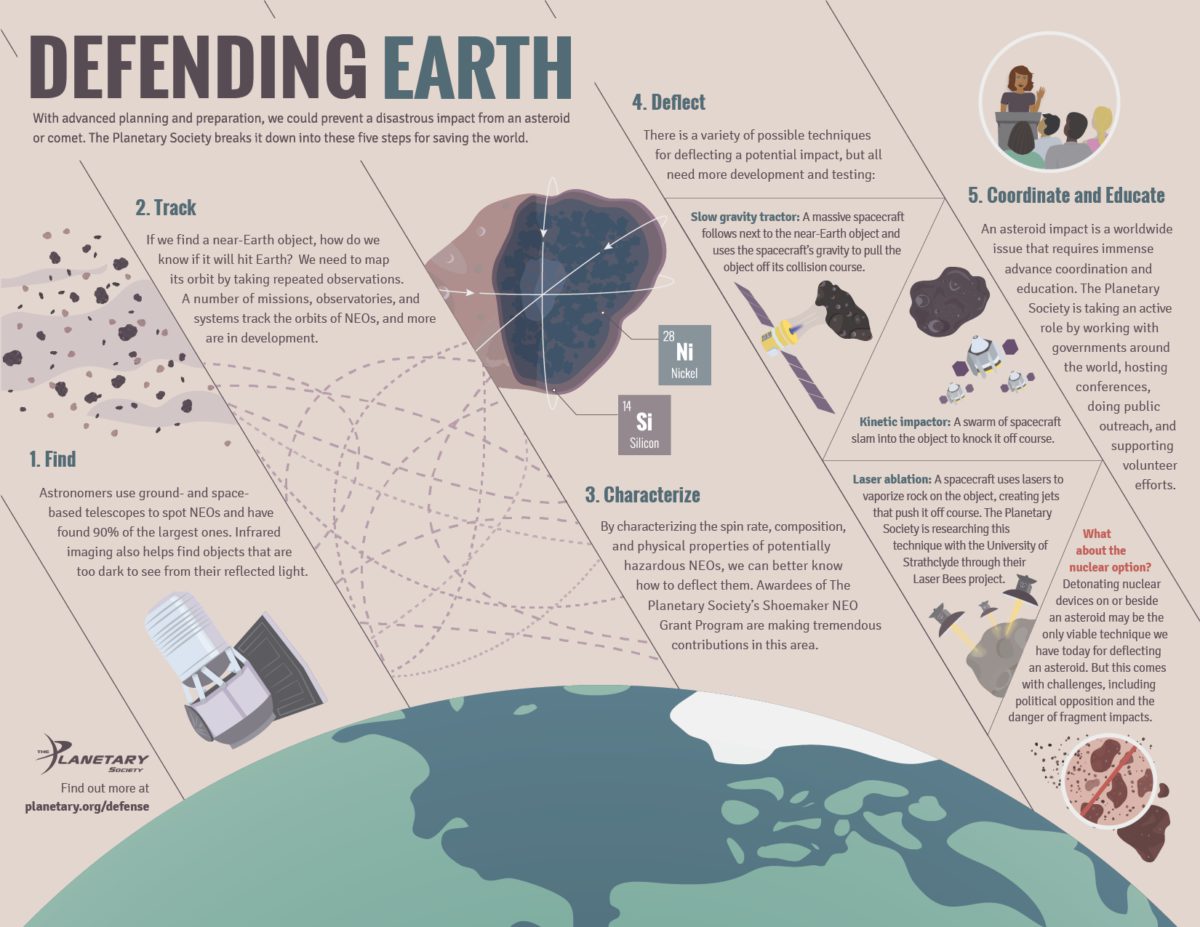
Latest Articles on Planetary Defense
The Planetary Society and the Planetary Defense Conference are proud to present a special screening of the IMAX original film “Asteroid Hunters” in Vienna, Austria on Wednesday, 5 April.
When an asteroid exploded in the atmosphere above Chelyabinsk, Russia on Feb. 15, 2013, it made history and underscored the importance of planetary defense.
On Tuesday, Oct. 11, NASA Administrator Bill Nelson announced that early observations indicate NASA's DART mission successfully moved asteroid moonlet Dimorphos.
Educational Resources
How to stop an asteroid from hitting Earth If we work together and properly utilize our space programs, then we will be able to prevent an asteroid impact when the time comes.
Will an asteroid hit Earth? Your questions answered.
The Planetary Society presents a list of Frequent Asteroid Questions (FAQs).
Meet the Planetary Society’s Newest Asteroid Hunters
We talk with two of our 2019 Shoemaker NEO Grant winners, who received funding to help find, track, and characterize potentially hazardous asteroids.
Asteroids, Comets, and Other Worlds Pictures
Pretty pictures of asteroids, comets, and other small worlds.
The Biggest Little Asteroid Observatory
The Center for Solar System Studies, a perennial Planetary Society Shoemaker NEO Grant winner, is a small observatory that makes big contributions to near-Earth asteroid research.


 Explore Worlds
Explore Worlds Find Life
Find Life Defend Earth
Defend Earth


